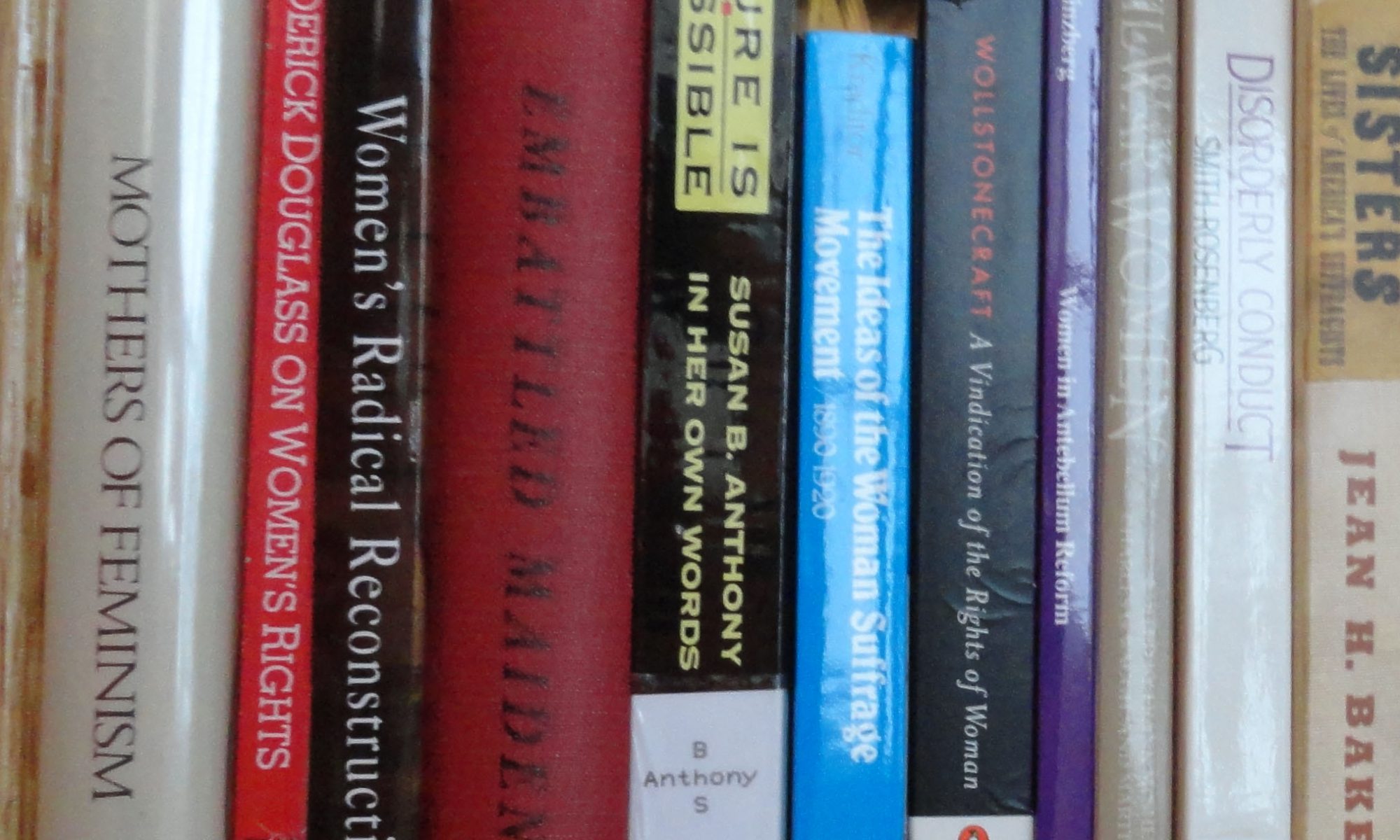 “All women together ought to let flowers fall upon the tomb of Aphra Behn … for it was she who earned them the right to speak their minds.” Virginia Wolf
“All women together ought to let flowers fall upon the tomb of Aphra Behn … for it was she who earned them the right to speak their minds.” Virginia Wolf
The first woman to make a living solely from her writing is Aphra Behn (1640-1689) who lived in the time of the English Restoration under Charles the 2nd. Her work Oooronoko about a slave in Suriname where she lived as a girl is considered one of the earliest novels. She wrote several novels, but is most famous for her witty, sexually provocative plays. Her most well-known play was The Rover (1688) which is still performed today. The following excerpt is from the opening of her novel the Fair Jilt or the Amours of Prince Tarquin and Miranda.
As love is the most noble and divine passion of the soul, so it is that to which we may justly attribute all the real satisfactions of life; and without it man is unfinished and unhappy.
There are a thousand things to be said of the advantages this generous passion brings to those, whose hearts are capable of receiving its soft impressions; for it is not every one that can be sensible of its tender touches. How many examples, from history and
observation, could I give of its wondrous power; nay, even to a degree of
transmigration!
How many idiots has it made wise! How many fools eloquent! How
many home-bred squires accomplished! How many cowards brave! And there is no sort of species of mankind on whom it cannot work some change and miracle, if it be a noble well-grounded passion, except on the fop in fashion, the hardened
incorrigible fop; so often wounded, but never reclaimed.
For still, by a dire mistake, conducted by vast opiniatrety, and a greater portion of self-love, than the rest of the race of man, he believes that affectation in his mien and dress, that mathematical movement, that formality in every action, that a face managed with care, and softened into ridicule, the languishing turn, the toss, and the back-shake of the periwig, is the direct way to the heart of the fine person he adores; and instead of curing love in his soul, serves only to advance his folly; and the more he is enamoured, the more industriously he assumes (every hour) the coxcomb.
These are Love’s playthings, a sort of animal with whom he sports; and whom he never wounds, but when he is in good humour, and always shoots laughing. It is the diversion of the little god, to see what a fluttering and bustle one of these sparks, new wounded, makes; to what fantastic fooleries he has recourse. The glass is every moment called to counsel, the valet consulted and plagued for new invention of dress, the footman and scrutore perpetually employed; billet-doux and madrigals take up all his mornings, till playtime in dressing, till night
in gazing; still, like a sun-flower, turned towards the beams of the fair eyes
of his Cadia, adjusting himself in the most amorous posture he can assume, his
hat under his arm, while the other hand is put carelessly into his bosom, as if
laid upon his panting heart; his head a little bent to one side, supported with
a world of cravat-string, which he takes mighty care not to put into disorder;
as one may guess by a never-failing and horrid stiffness in his neck; and if he
had any occasion to look aside, his whole body turns at the same time, for fear
the motion of the head alone should incommode the cravat or periwig. And
sometimes the glove is well managed, and the white hand displayed.
Thus, with a thousand other little motions and formalities, all in the common place or road of foppery, he takes infinite pains to show himself to the pit and boxes, a most accomplished ass.

Thanks for the pingback.